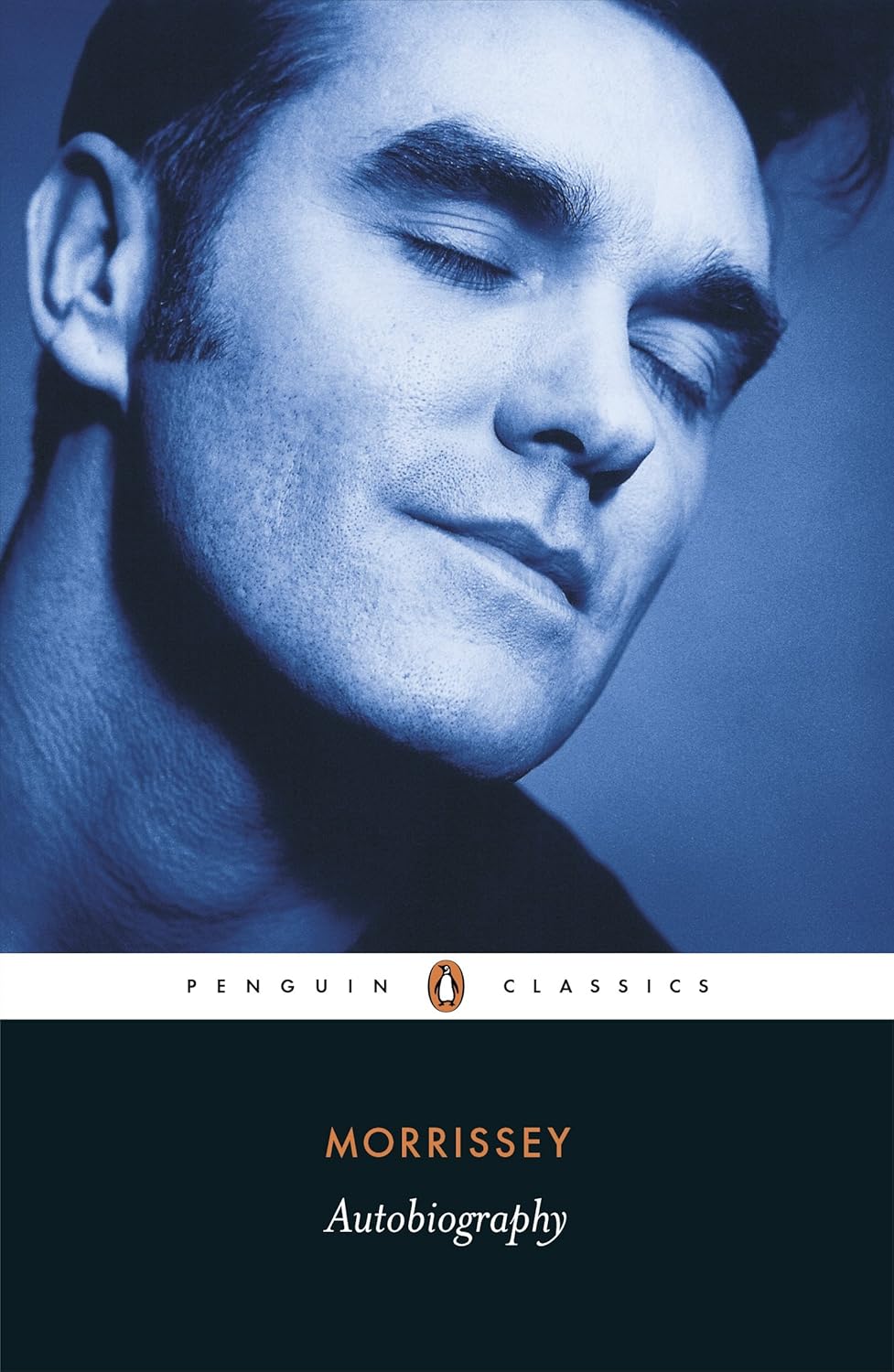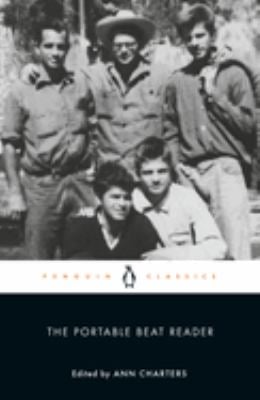The Queen Is Dead Trees
Morrissey’s autobiography is published. I duly buy my copy from Gay’s The Word in Marchmont Street.
It certainly deserves to filed alongside the works of Ronald Firbank, Saki and EF Benson; much of it is baroque, haughty camp.

I’m a fan in a restrained, not-queuing-up-overnight sort of a way, enough to know he’s been threatening the book’s appearance for years,  much like Kevin Shields did with talk of a new My Bloody Valentine album. Both these 80s indie veterans finally made good on their promises this year (something astrological about 2013?), and both managed to do so without sending out early press copies or agreeing to promotional interviews. Few magazines, chat shows and radio shows would have said no to a new Morrissey interview plugging the book, yet his only concession appears to have been a single signing appearance in a bookshop in Gothenberg. Gothenberg has a reputation as the Manchester of Sweden, in terms of its passionate love of alternative music. I’ve performed in the city a few times myself, both with Fosca and with Spearmint. In the book, Morrissey returns the compliment: ‘Sweden always feels like a reward… It is warming to be a part of Göteborg life… Nothing but promise erupts from everywhere in Sweden, and the life-giving enthusiasm of the audience feeds me.‘
So Morrissey does no interviews, and I can’t say I blame him. The book itself is full of incidences, after all, where journalists have twisted his words against him – sometimes to libellous effect. But the British media, like nature, abhors a vacuum, so there’s been a slew of comment pieces – including several before the book was even out, built on sheer speculation about what the book might contain. In this way, Morrissey is like a member of the royal family he so despises: I couldn’t help thinking of the coverage of Kate Middleton, hacks waiting for her to give birth, filling up time and space that could have been gone to actual facts, with reams of unnecessary, un-asked for, and utterly unqualified comment.
The only fact that was known about the Moz book was that it would be a Penguin Classic, the result of a jokey wish the singer made in a Radio 4 interview a few years ago. Penguin Books were, it turns out, happy to indulge him in this piece of wry and knowing packaging, and good for them.
It should go without saying – but it turns out it doesn’t – that it’s not a proper Penguin Classic, not least because it lacks the usual scholarly annotations and critical introduction and Note On The Text and so on. The back cover blurb is also in a different typeface to the usual PC one, thus announcing the Moz book as a separate animal in its own right, if only people would pick it up to see.
Aesthetic jokes aside, Penguin has often played fast and loose with what counts as a ‘classic’ in their eyes as it is. They ditched the date barrier that roughly kept the Classic Classics pre-1918 and the Modern Classics post-1918 long ago. It’s not even the first time a rock star still alive in 2013 has had their words published by the imprint. Bob Dylan’s lyrics can be found in The Portable Beat Reader.Â

Actually, Morrissey constantly quotes his own lyrics in his book too.
But predictably, several commentators have insisted that Penguin has now ‘damaged’ its Classics line’s reputation. Such writers are only damaging their own reputation. If anything, Penguin has enhanced its brand further, by showing it has a sense of humour and a respect for wit. Wit is, after all, the brevity of the soul. I also salute Penguin for allowing a high profile book’s first edition to come out as an affordable, easy-to-recycle £8.99 paperback rather than a £19.99 resources-guzzling hardback (the publishing ‘two tier’ system is a bete noire of mine).
Two favourite revelations in the book. One is that Morrissey didn’t think ‘There Is A Light That Never Goes Out’ was good enough for The Queen Is Dead. Mr Marr won him over. The other is that Peter Wyngarde always answers the phone with the phrase ‘There you are!’
Tags:
Books,
morrissey
Dandies In An Underworld
Friday 11th October 2013. A rainy afternoon spent in Piccadilly with Ray Frensham, fellow subject of the book I Am Dandy and author of Teach Yourself Screenwriting. He takes me for lunch at Brasserie Zedel in Sherwood Street. Once the Atlantic Bar, it’s now a rather splendid and ornate place to meet friends for a meal. Like the Wolseley, it’s actually possible to eat there relatively cheaply if one chooses carefully. You forget it’s in a basement somewhere under Regent Street – the ceiling is so high and the decor so gilded that it manages to feel downright airy.
Mr Frensham is full of entertaining anecdotes, and talks about how his romantic life became more fun after he hit 50 rather than before. The key ingredient being the sense of finally being at home in one’s skin. I certainly find that reassuring. We mooch around Hatchard’s bookshop afterwards, and take photos of each other with the dandy book. Hatchard’s has quite a few copies, filed under Fashion.  I’ve since re-bleached my hair so it’s now a little less yellow. Not keen on resembling a sexually confused Eminem.


There’s also a new blog post about the book at the website for Bergdorf Goodman, the New York department store. I am featured as an example of The Dandy As Decadent, with an ‘under-worldly style’.
http://blog.bergdorfgoodman.com/mens-style/dressing-dandy-the-return-of-the-elegant-gentleman#slide-2
Mr Frensham tells me that his appearance in the book has already led to offers for modelling suits and so forth. Â I haven’t heard anything myself – yet. It would obviously be nice if something came of appearing in either that or in the big new diary book (A London Year).
But then, it’s just nice to be included for something I’m happy to be included for. As I think it says on the gates of the Underworld.
Tags:
a london year,
Books,
brasserie zedel,
hatchard's,
i am dandy,
London,
ray frensham
Among The Diarists
Tuesday 8th October. To Westminster Reference Library for the launch of A London Year, edited by Nick Rennison and Travis Elborough. It’s a large, beautifully designed, greenish-blue hardback, and collects a variety of London-themed excerpts from real life diaries, arranged so that each day of the year is represented by at least one entry. The book is currently on display in every London bookshop I’ve been wandering into of late. There’s a whole table of them at Waterstones Piccadilly, right near the entrance.
I’m flattered to see my own diary is in the book, eleven excerpts of it, alongside the journals of pretty much everyone I can think of who fits the brief: Pepys, Swift, Keats, Dickens, Woolf, Van Gogh, George Eliot, Queen Victoria, John Betjeman, Tony Benn, Alan Bennett, Derek Jarman, Michael Palin, Brian Eno and Evelyn Waugh.
Clayton Littlewood is also in there, with excerpts from Dirty White Boy and Goodbye to Soho. He’s the only other diarist in the book who’s at the event, though the stars of the show are really Mr Rennison and Mr Elborough. Aside from giving permission, I had no input in the selection. So until I saw a finished copy I didn’t know which entries of mine they were going to use, or that they’d use quite so many. It’s been a pleasant surprise.
At the event, Helen Gordon reads a typically ribald 1940s entry by Joan Wyndham. Ms Gordon had a novel out with Penguin recently (Landfall), and I’m reminded that she’s a good example of a Well Dressed Contemporary Novelist, reading in Jazz Age-style pleated chiffon trousers. Also present are Bill & Alex Mayor, Ms Lettie, Tim B, Andrew Martin, Paul Kelly, Debsey Wykes, Bob Stanley (currently in the middle of promoting his own massive book, Yeah Yeah Yeah, about the history of pop), Emily Bick, and a certain actor who I think I last saw several lifetimes ago, at Bristol Old Vic Theatre School.
Afterwards I repair with a few of the gathering to the rather cosy Tom Cribb pub in Panton Street, and stay far too late and drink far too much. Chat with Paul Kelly about the political side of his London films made with Saint Etienne (finally out on DVD as A London Trilogy) : he compares his approach with the records of The Specials – the political message is there if you look for it, but the apolitical side – the art for art’s sake side, I guess – must always come first.

Tags:
a london year,
Books,
diaries,
paul kelly,
travis elborough










